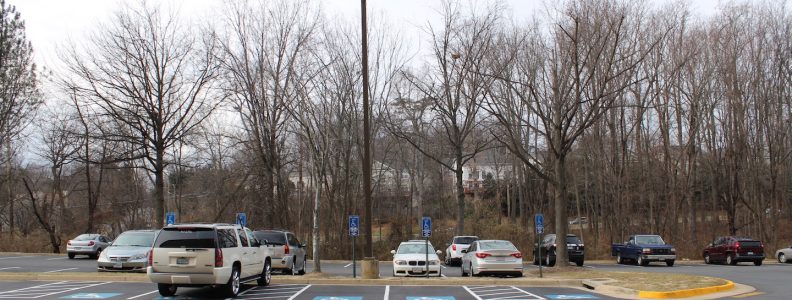
Is the Street in Front of My Company’s Parking Lot a Part of My Employer’s Premises Such I Can Get Virginia Workers Compensation Benefits?
While Herndon workers comp and workplace injury lawyer Doug Landau of Abrams Landau, Ltd. has won cases for employees struck by cars when leaving work or going to their employer mandated parking places, a recent Unpublished Virginia Court of Appeals decision adds a twist to these fact specific claims. In the 2017 case of Washington v. Honeywell International Inc. and XL Insurance America Inc., a street between a plant and a company parking lot was not part of the premises for the “coming and going” rule, and the denial of workers compensation benefits was affirmed. Washington contended that the Virginia Workers Compensation was wrong
- 1. “in finding that the public street was not a part of the employer’s ‘extended premises'” and
- 2. “in finding that the exception of the ‘coming and going’ rule, where the way used is the sole and exclusive way of ingress and egress with no other way, does not apply in this case.”
However, the state Court of Appeals agreed with the lower tribunal’s decision. The facts of the case were relatively straightforward. The claimant worked as a Chemical-A Operator at Honeywell International, Inc. At approximately 7:00 p.m. she left Honeywell’s building on the North Side of Honeywell’s premises. On the way to the North Parking Lot, she was struck by a car as she crossed Industrial Street, a two-way public street in the City of Hopewell, Virginia (South of Richmond). She had parked in the North Parking Lot because it was the parking lot closest to the powerhouse. Honeywell maintained the North Parking Lot, and provided it exclusively for its employees.
However, Honeywell’s employees were not issued decals or assigned spaces to park. They were only instructed not to park in spaces reserved for “visitors.” Honeywell also maintained several additional lots where the claimant and other employees were permitted to park. Although the other parking lots were farther from claimant’s work area, claimant would not have needed to cross Industrial Street if she parked in one of those lots. While a manager for Honeywell’s powerhouse testified that most employees who worked on the North Side of the premises typically parked in the North Parking Lot, he also testified, however, that they did not need to do so as they had other Honeywell-provided parking options.
Industrial Street is a public street in the City of Hopewell. Honeywell played no role in the maintenance or control of the street. In addition to Honeywell, other companies have premises along Industrial Street, and their employees also used the street to travel to and from work. In the trial level opinion, the Deputy Commissioner found that claimant’s injuries were NOT compensable because (1) none of the three exceptions of the “coming and going” rule applied and (2) the public street could not be considered a part of the employer’s extended premises. Claimant requested review (an appeal) of the Deputy Commissioner’s opinion, and the full Commission affirmed that decision in a 2-1 split decision, with Commissioner Marshall dissenting.
The Court of Appeals also agreed, though, that “Honeywell did not own or maintain the public street where claimant was injured. In addition, Honeywell did not exercise control over the street by requiring or directing its employees to cross the street to use the North Parking Lot.” Therefore, they affirmed the Commission’s conclusion that Industrial Street was not part of Honeywell’s extended premises, thus, claimant is not eligible of receiving workers compensation benefits.
In part 2 of this blog post, we will look at the “Coming and Going Rule” aspect of this case. Read part 2 here. If you or someone you know was injured at work and there are questions as to what laws apply, please give us a call (703-796-9555) or email us at Abrams Landau, Ltd.
